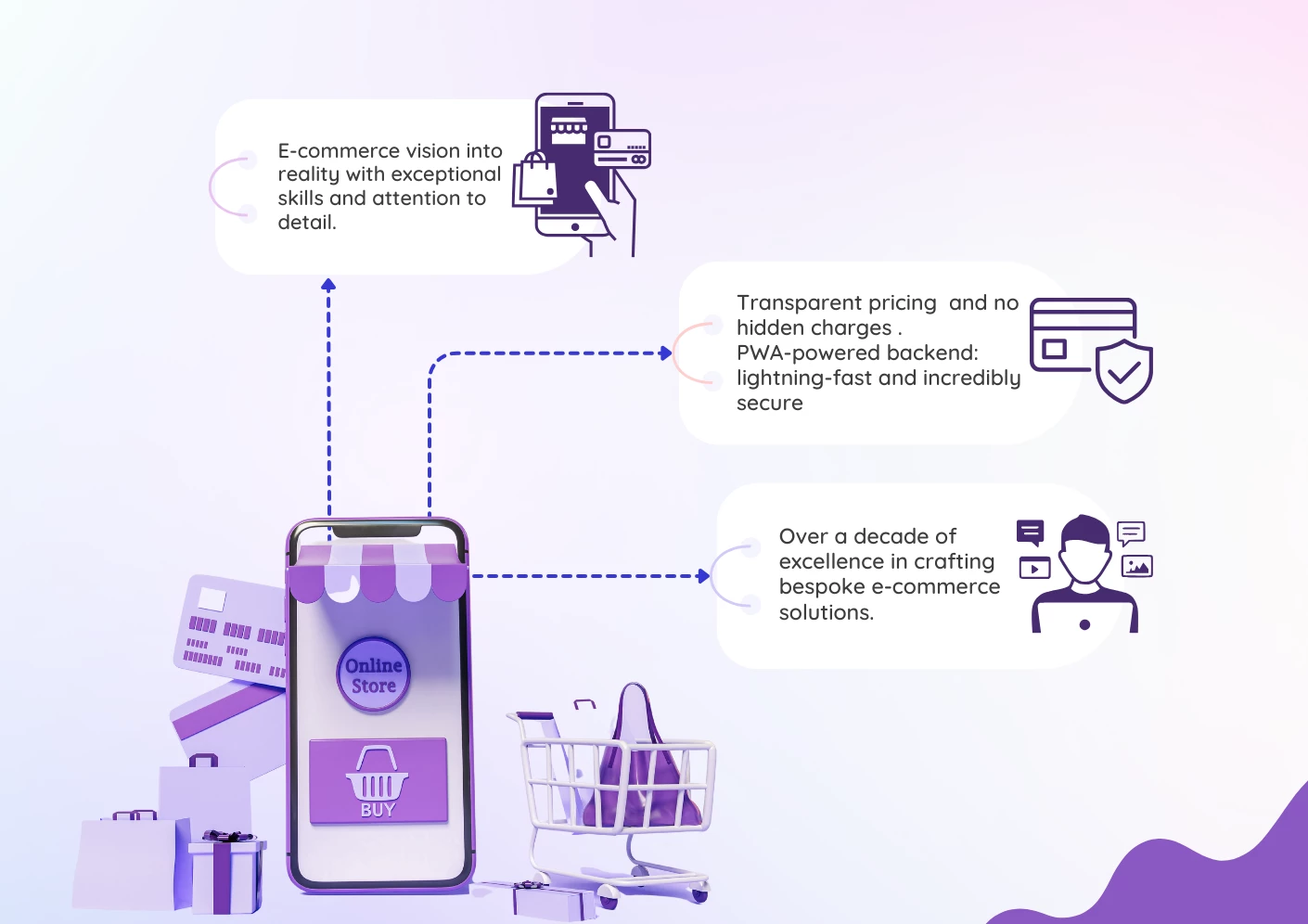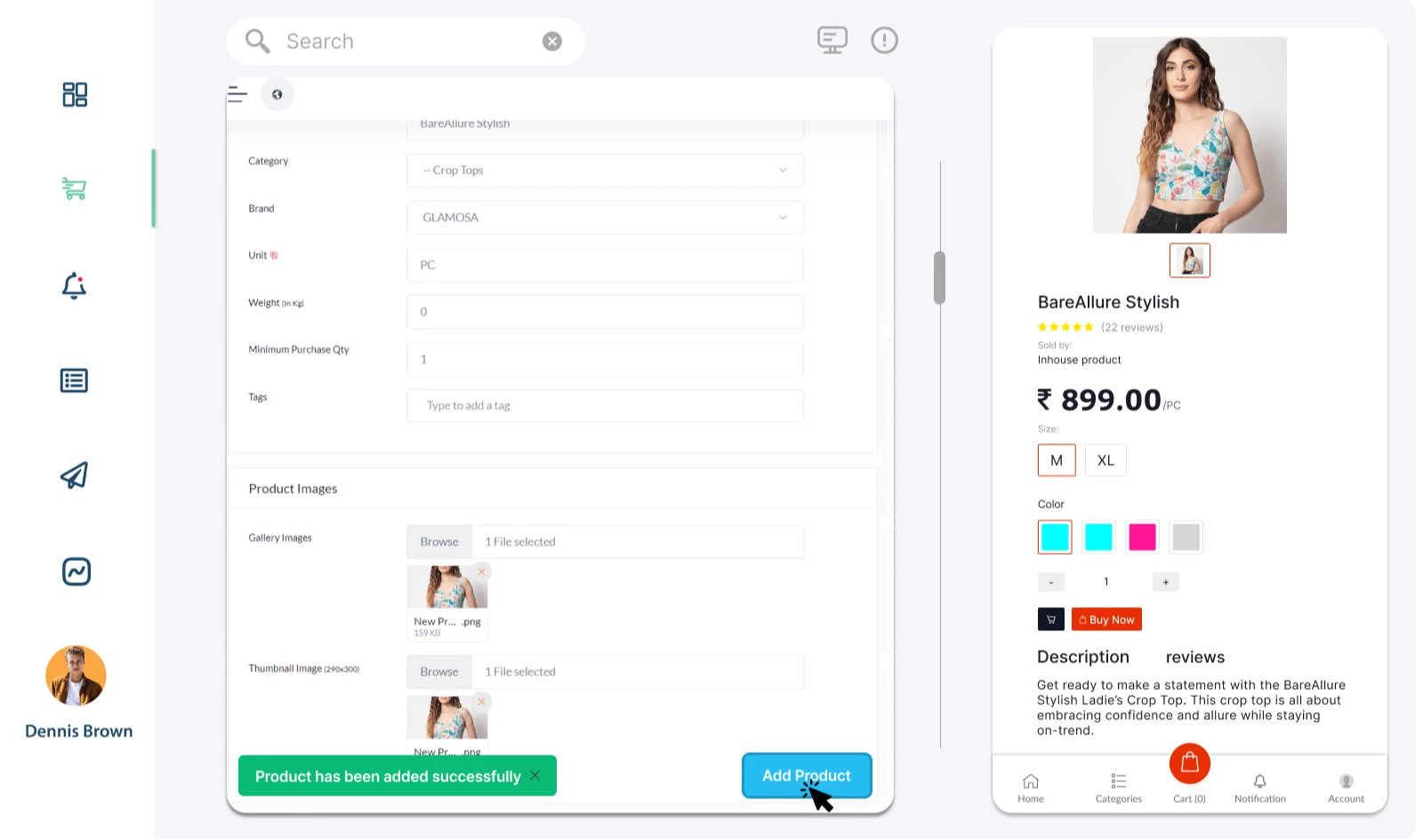In today's digital world, having a strong online presence is crucial for businesses. Choosing the right eCommerce platform can significantly impact your success. Whether you're a small business owner or a large enterprise, the platform you choose should offer scalability, customization, and ease of use. In this article, we will explore some of the best eCommerce platforms available today.
CartPixels is a custom eCommerce solution designed for businesses that need a fully personalized online store. Unlike templated platforms, it offers tailored features, seamless integrations, and advanced customization to align perfectly with your brand identity. With a user-friendly interface and powerful tools, CartPixels delivers a unique, professional, and scalable eCommerce experience.
Key Features:
Fully customizable eCommerce solutions
Seamless integration with payment gateways
Mobile-friendly and responsive design
Advanced analytics and reporting tools
Secure and scalable infrastructure
Shopify is one of the most popular eCommerce platforms, known for its simplicity and scalability. Whether you're a beginner or an experienced seller, Shopify provides a comprehensive set of tools to build and manage an online store efficiently.
Key Features:
Easy-to-use drag-and-drop store builder
Multiple payment gateway integrations
Extensive app marketplace for added functionality
Secure and reliable hosting
Wix is a website builder that offers eCommerce features. It’s ideal for small businesses and entrepreneurs who need an intuitive platform to create an online store without needing coding knowledge.
Key Features:
Drag-and-drop website editor
Variety of templates and design options
Integrated payment processing
SEO tools to improve search engine visibility
Affordable pricing plans
BigCommerce is a powerful eCommerce platform designed for growing businesses and enterprises. With its built-in features and scalability, it enables businesses to expand without relying heavily on third-party apps.
Key Features:
Advanced product management options
Multi-channel selling capabilities
High-performance hosting and security
SEO and marketing tools
No transaction fees
Adobe Commerce, formerly known as Magento, is a highly flexible and customizable platform suitable for large businesses. It offers powerful features and extensive customization but requires technical expertise.
Key Features:
Highly customizable open-source platform
Scalable for businesses of all sizes
Extensive integration capabilities
Advanced security features
AI product recommendations
WooCommerce is a WordPress plugin that turns any website into a fully functional eCommerce store. It is highly customizable and ideal for businesses that already have a WordPress website.
Key Features:
Seamless integration with WordPress
Open-source with extensive customization options
Wide range of plugins and themes
Flexible product and inventory management
Built-in blogging and SEO capabilities
Squarespace is a popular website builder known for its sleek and modern design templates. It is a great option for creatives and small businesses looking to showcase their products with visually appealing storefronts.
Key Features:
Beautiful, responsive templates
Integrated eCommerce functionality
Easy-to-use website builder
Built-in marketing and SEO tools
Secure payment processing
The choice of eCommerce platform depends on the business, its capacity, and its growth plans. Each platform has unique features and capabilities that suit different types of businesses. It is important to evaluate your needs, budget, and future growth before making your final decision. A well-chosen eCommerce platform can provide the solid foundation for a successful online store, ensuring scalability, security, and a seamless business experience for your customers.





